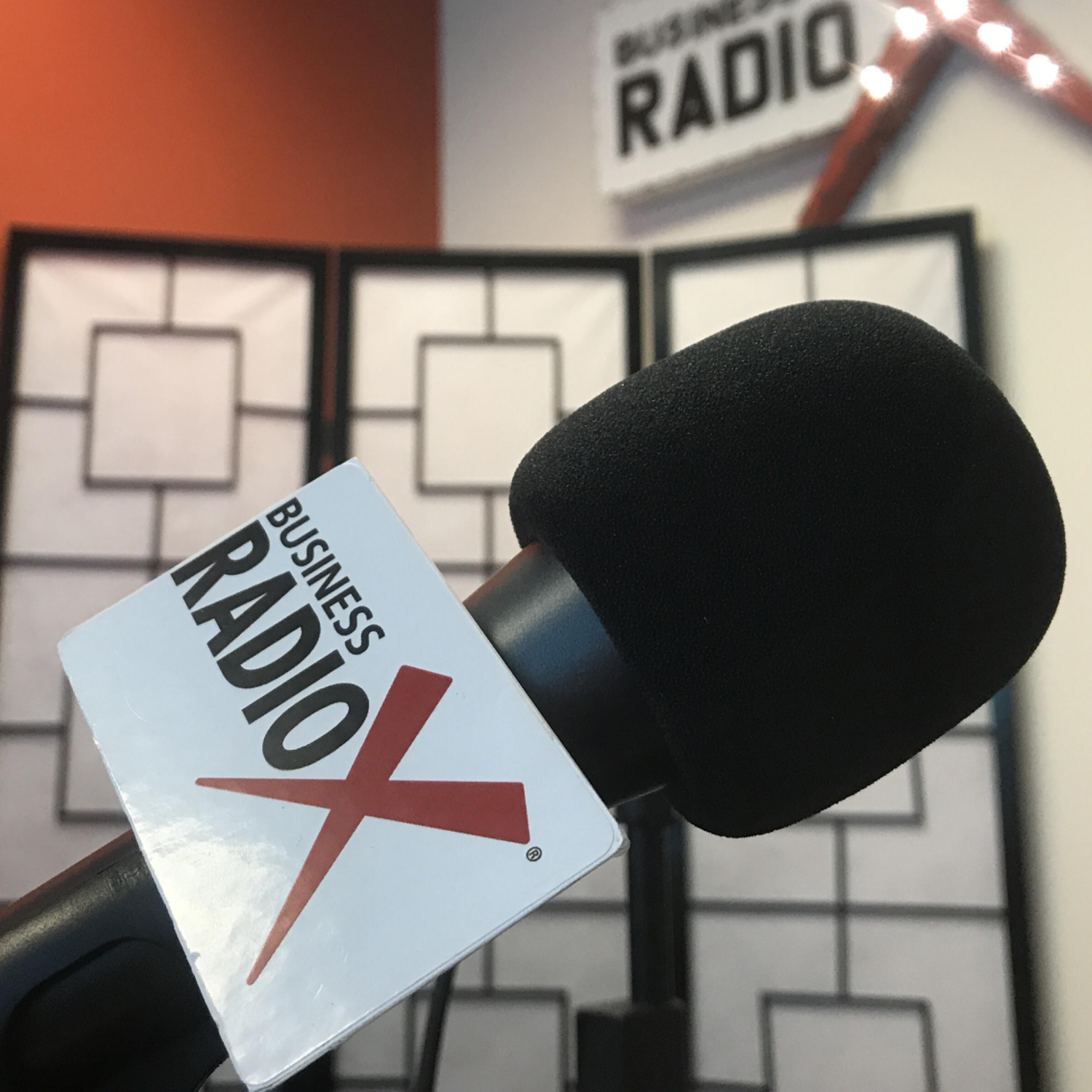
BRX Pro Tip: 4 Things Professionally Trained BRX Hosts Ask
Stone Payton: [00:00:00] And we are back with Business RadioX Pro Tips. Lee Kantor and Stone Payton here with you. Lee, as you well know, especially early on, when we have a newer host in the Business RadioX system, often they don’t know what to ask. They’re asking us, “Well, what questions am I going to ask during the course of the interview?” Can you speak to that?
Lee Kantor: [00:00:24] Sure. I think it’s important. I know when someone hosts for the first time, they don’t really understand kind of what it means to be a host. And in our world, we look at hosting, not just hosting of the show, but there’s a before the show, a during the show, and an after part of the the show. And we train our hosts to leverage each one of those elements to get the most out of that experience.
Lee Kantor: [00:00:54] So, some of the basics when it comes to before the show, we want to make sure that the host asks how to pronounce the guest’s name, how to pronounce the company name. That’s an important thing. That’s not something you just kind of blow by. If you don’t pronounce their name right, they’re not going to be happy. So, make sure you do that at the very least.
Lee Kantor: [00:01:18] Now, during the show, you want to have some go-to questions. One of the go-to questions I ask in a lot of the interviews is what’s their backstory, how did they get into their business. I like to ask for them to share some advice for a young person that’s just getting into their industry.
Lee Kantor: [00:01:36] And then, after the show, I like to ask if the guest knows any other people that are doing interesting things in their industry that we should be interviewing on a future show. And then, I ask them to make a warm referral if they know anybody.
Lee Kantor: [00:01:53] So, some of these things are just the way that we run our shows, but they’re very helpful to give some structure for that new host to know that before the show, I got to cover this ground; during the show, I want to cover this ground; and then after the show, I want to cover this ground. And so, we want to be able to go into the show prepared and ready for anything. And having this type of structure and having some of these go-to questions are really useful.
Lee Kantor: [00:02:23] Now, when a person is going through our training, they’re going to learn a lot more than that. But this gives you an idea of some of the things that we cover before, during, and after a show.















